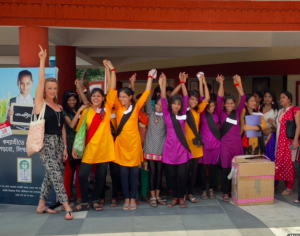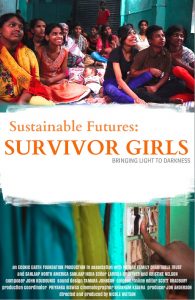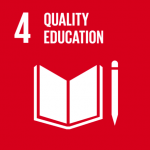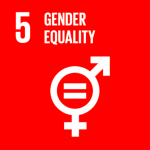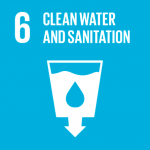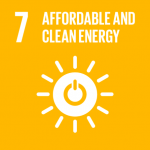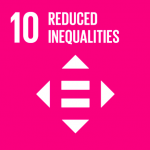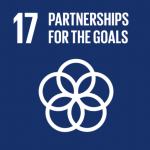Sanlaap India (www.sanlaap.org) rescues young women from trafficking, rehabilitates and trains the women with new skills as to be equipped and confident to re-enter the World. The solar power was needed to provide consistent electricity to power living and education areas during extended power outages in the rural area, and lower operational costs for the facility.
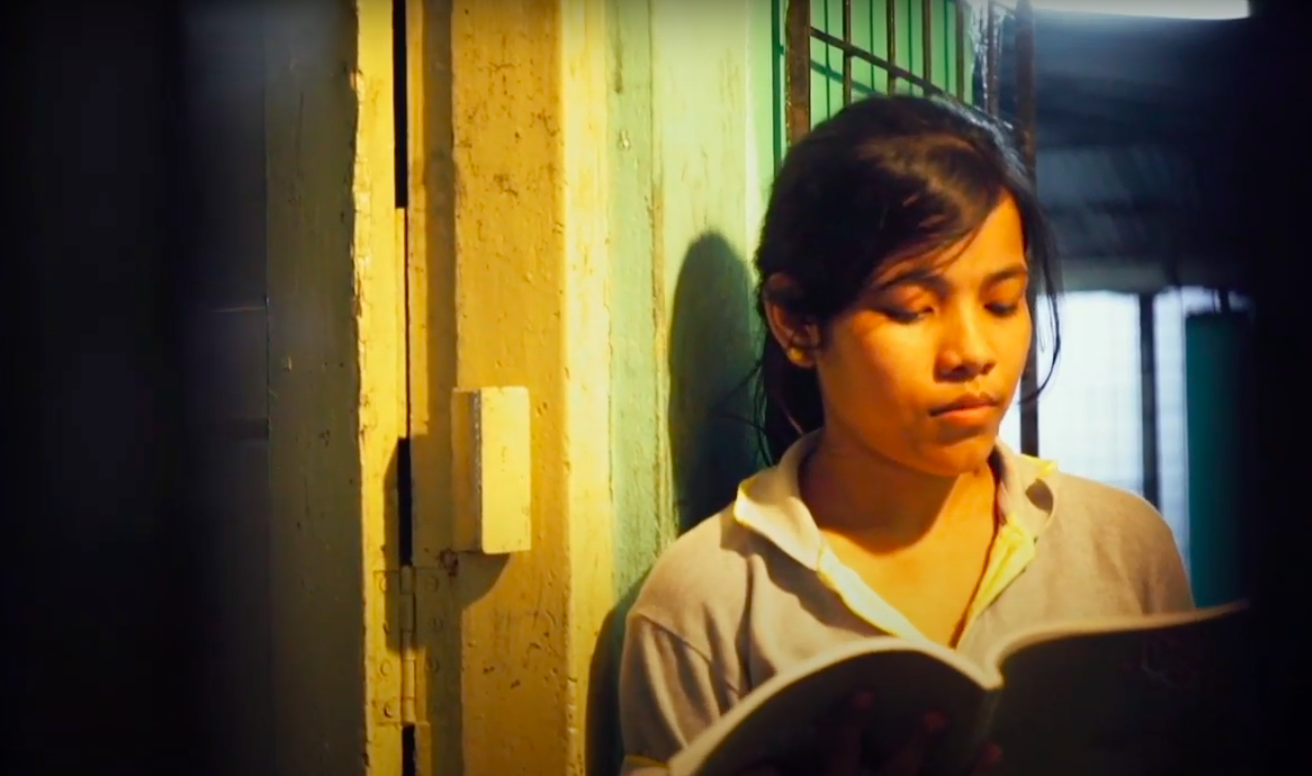
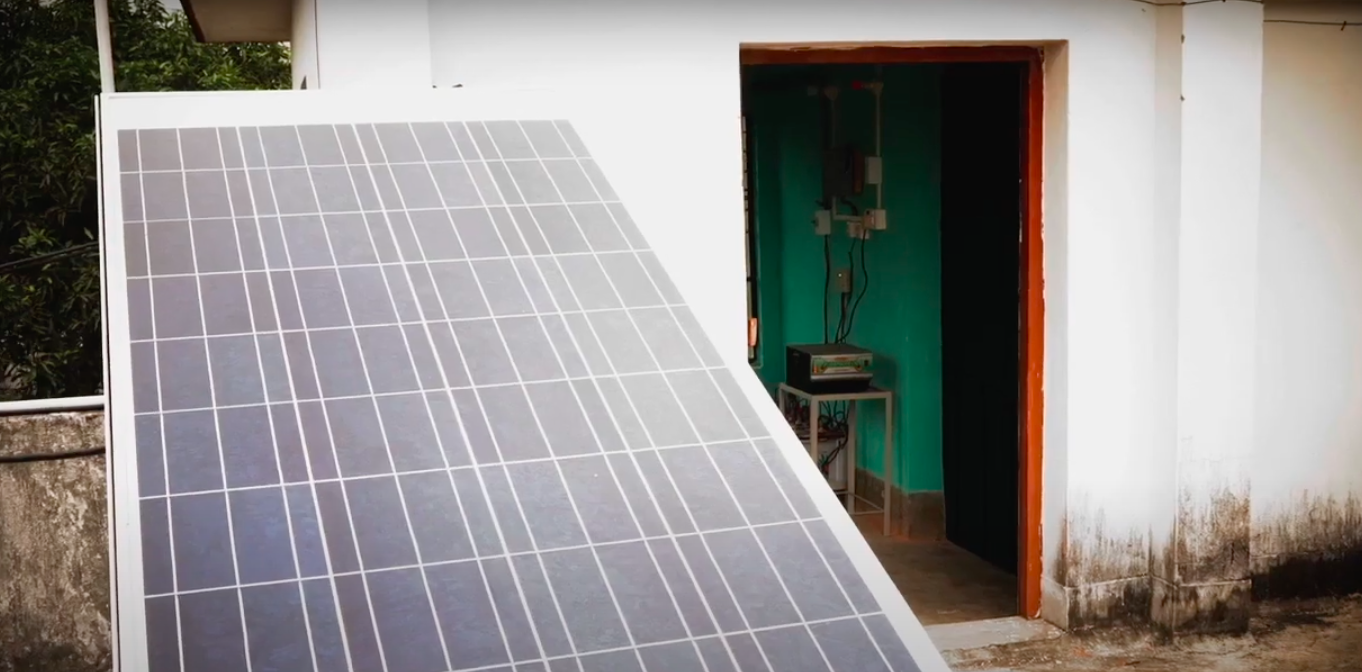
The solar energy system was provided by Terra Global Solutions (www.terrags.com) and installed on two of the residential buildings in the facilities compound. A water filtration system was also installed in the education facility area coordinated in part by econic earth foundation.
The project and equipment was paid for with funds donated by the Pathak Family Charitable Trust and Mr. Jon Anderson.
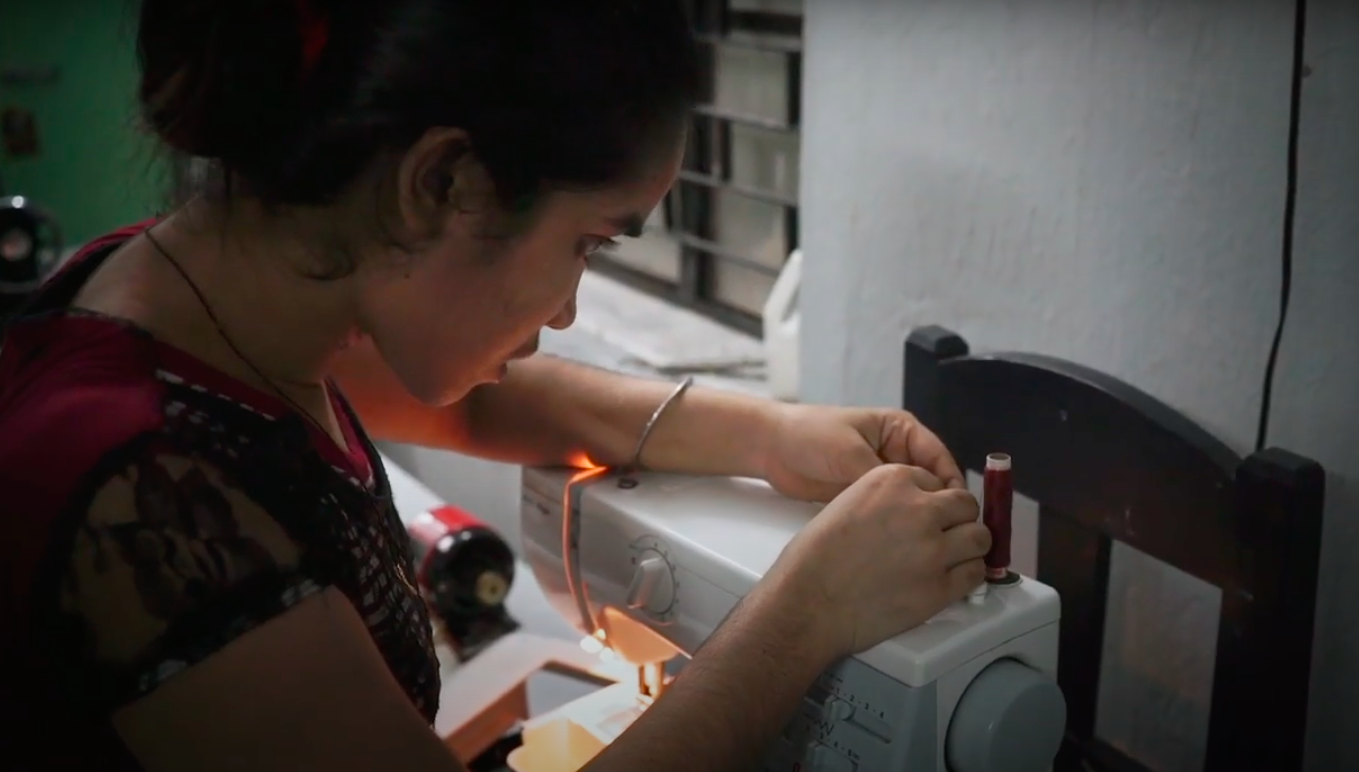
Survivor Girls Film
Sustainable Futures: Survivor Girls documents the impact of a solar energy and water filtration system donated to a sex trafficking rescue shelter for underage girls in Calcutta, India. IMDB Link https://www.imdb.com/title/tt5360488/
The team working on the Survivor Girls documentary was truly international, with talented and generous individuals coming together from India, USA, Canada, and Australia.
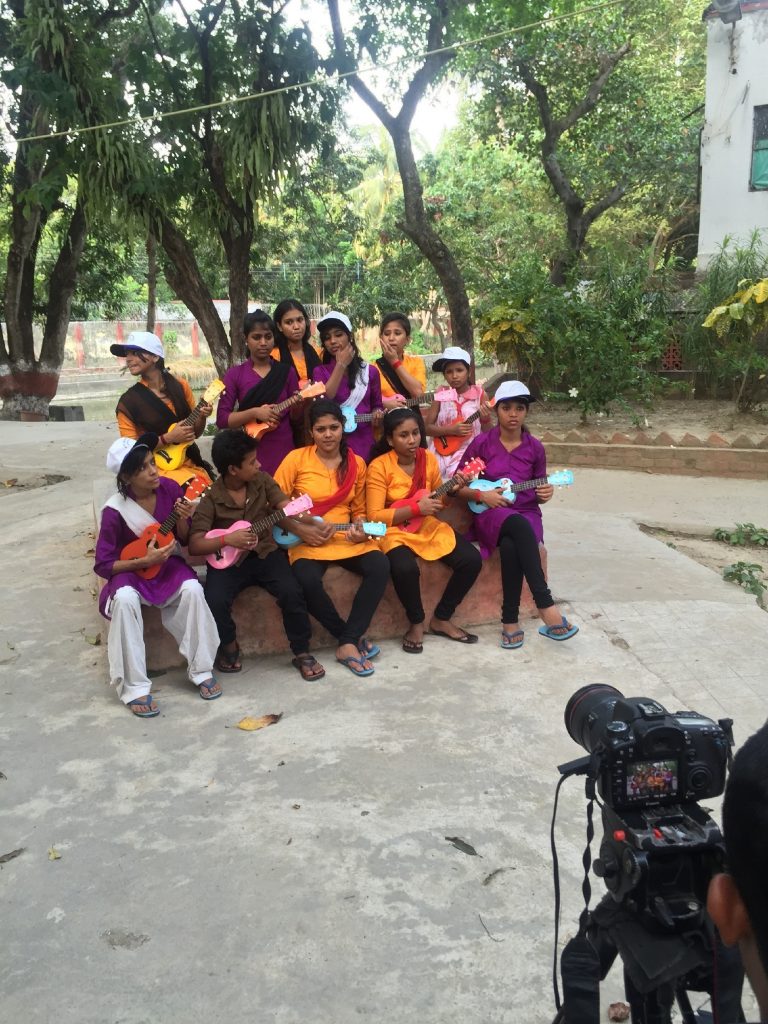

During the filming of the short documentary, Indrani Sinha, the founder and president of the Sanlaap trafficking rescue, passed away unexpectedly. It was traumatic for everyone because she was such a huge force for the organization in addition to her work in changing women’s rights in India during the 25 years she ran the organization. We are honored to have had the opportunity to meet and share in her vision.
Positive Impacts
- 1. Clean, filtered water from the taps so the girls and staff no longer need to boil the water before drinking it, which impacts the medical well-being of all those residing and working at the shelter.
- 2. Consistent power at the housing shelter during outages, which occur frequently in the outskirts of Calcutta. This helps maintain psychological stability among the girls, who equate darkness to their traumatic past experiences of being trafficked and abused.
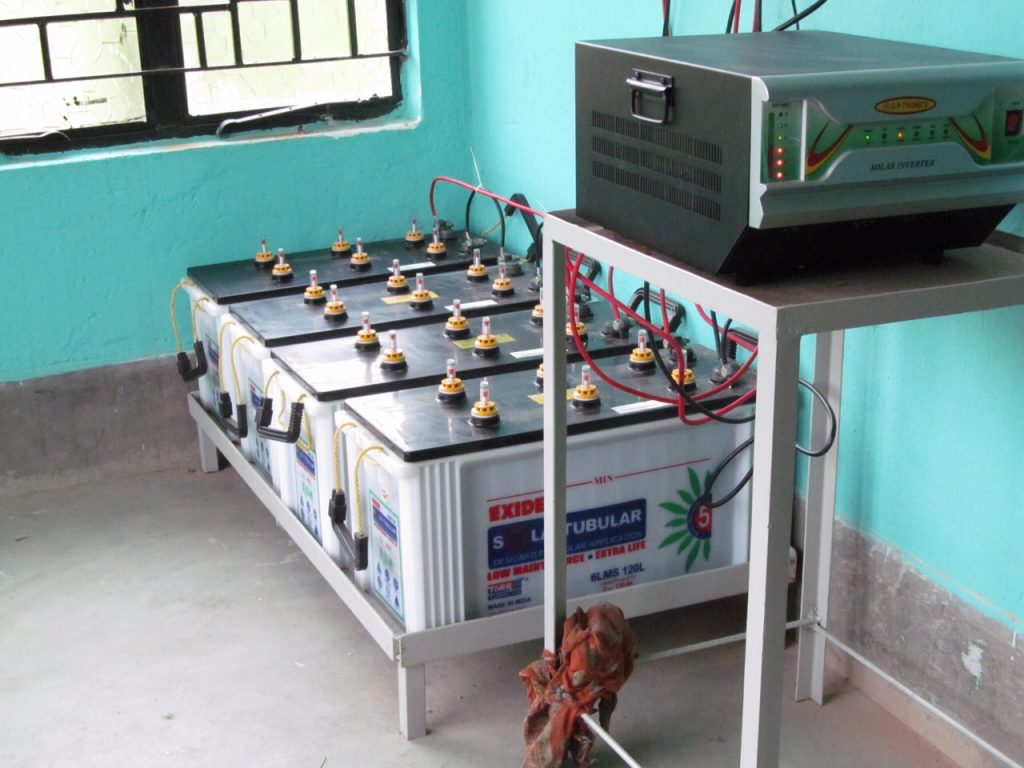
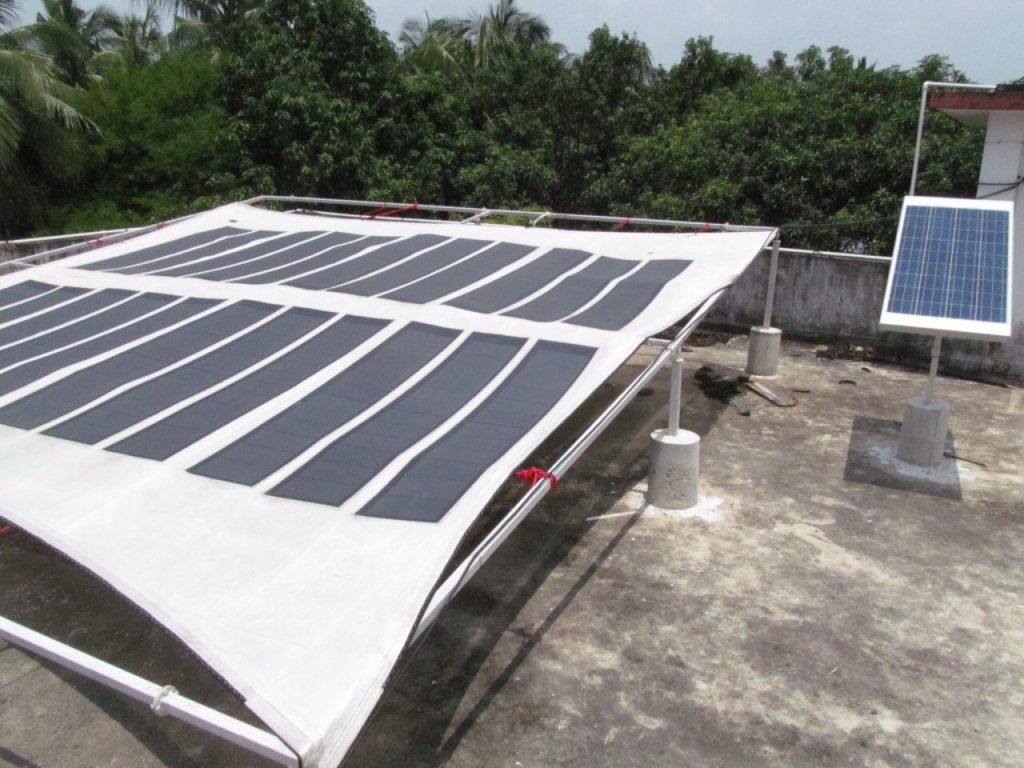
- 3. The energy cost and financial savings, which allows additional resources for programs and supplies needed at the shelter.
Approximately $125 USD in savings per month. - 4. The educational value for the young residents and staff at the shelter about clean energy alternatives and their benefits.
- 5. A lower carbon footprint and reduced electricity consumption in a region that has high air pollution and still relies on coal for much of its power.
- 6. Acts as a positive and clean energy example to other organizations that are interested in this program.

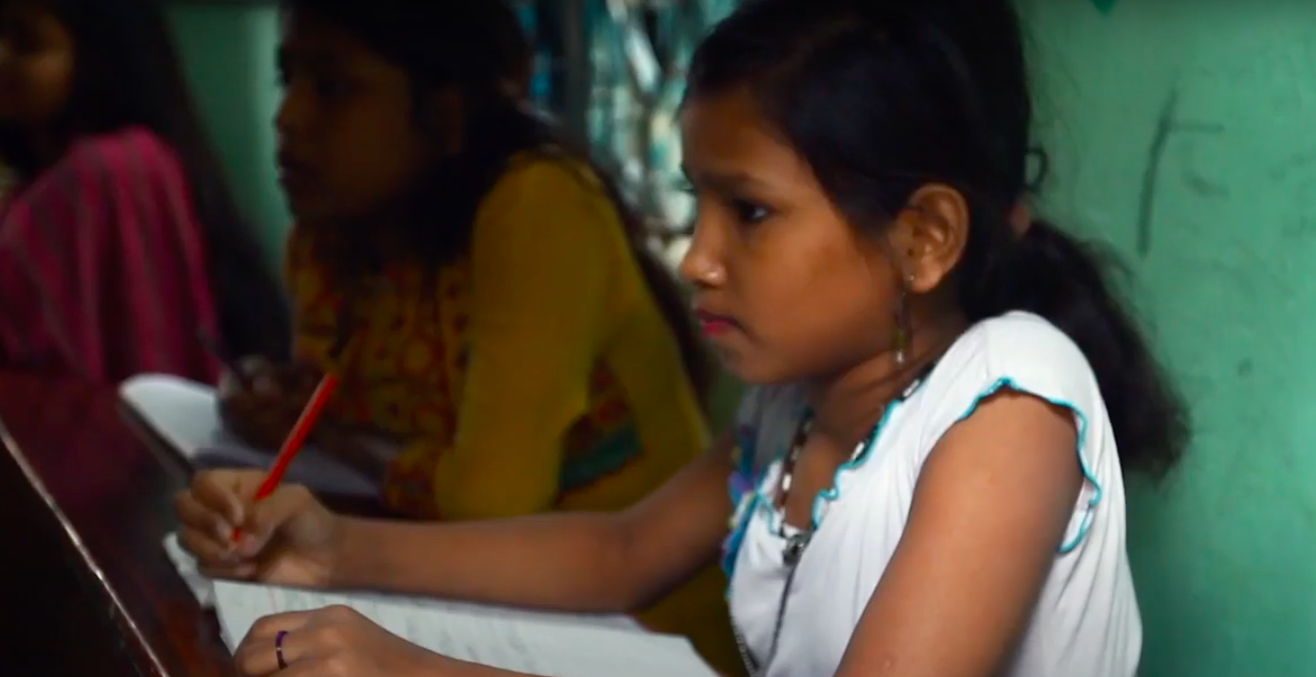
- 7. The global benefits of moving to renewable energy, which impacts the entire ecosystem as a whole.
